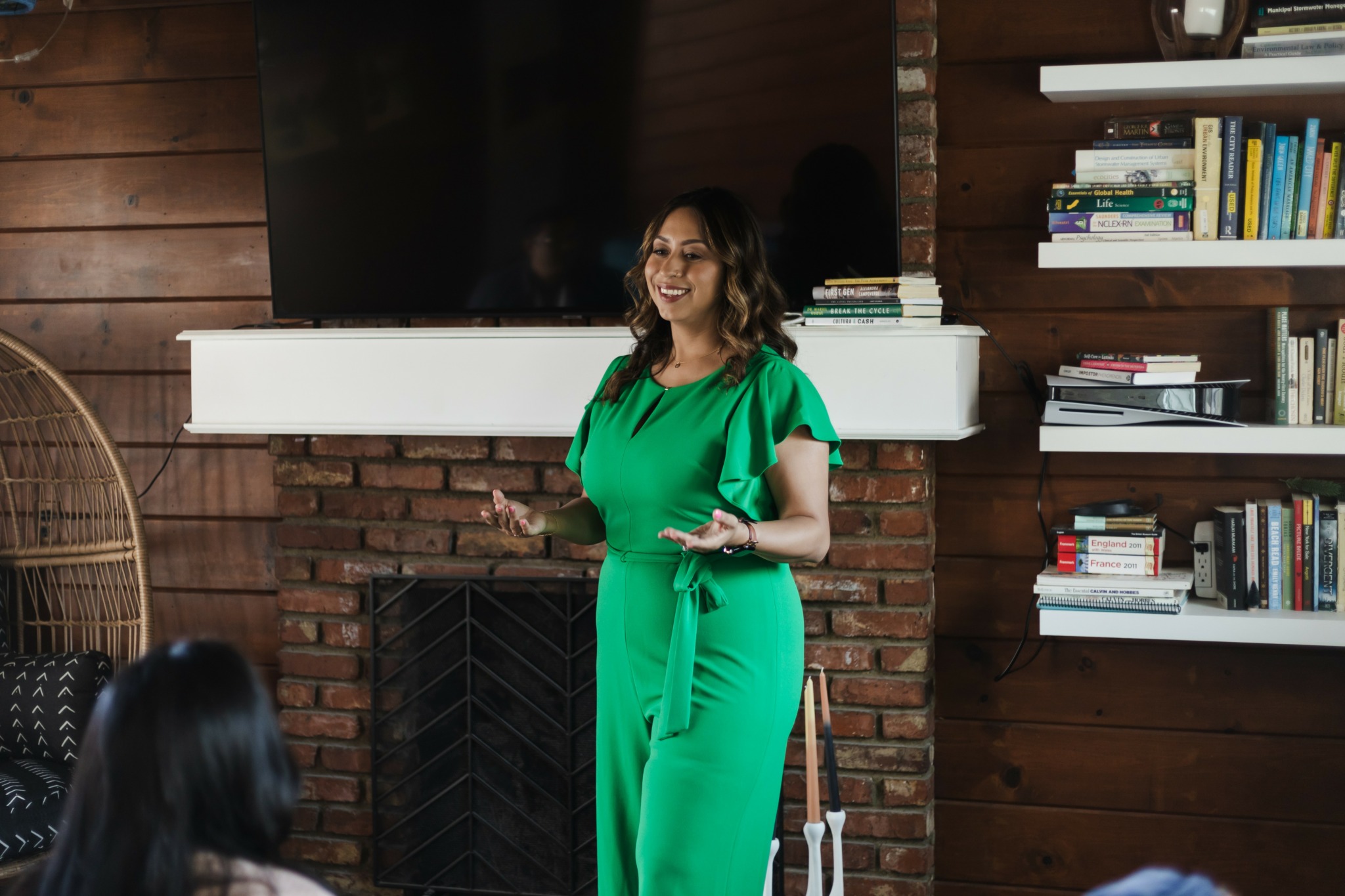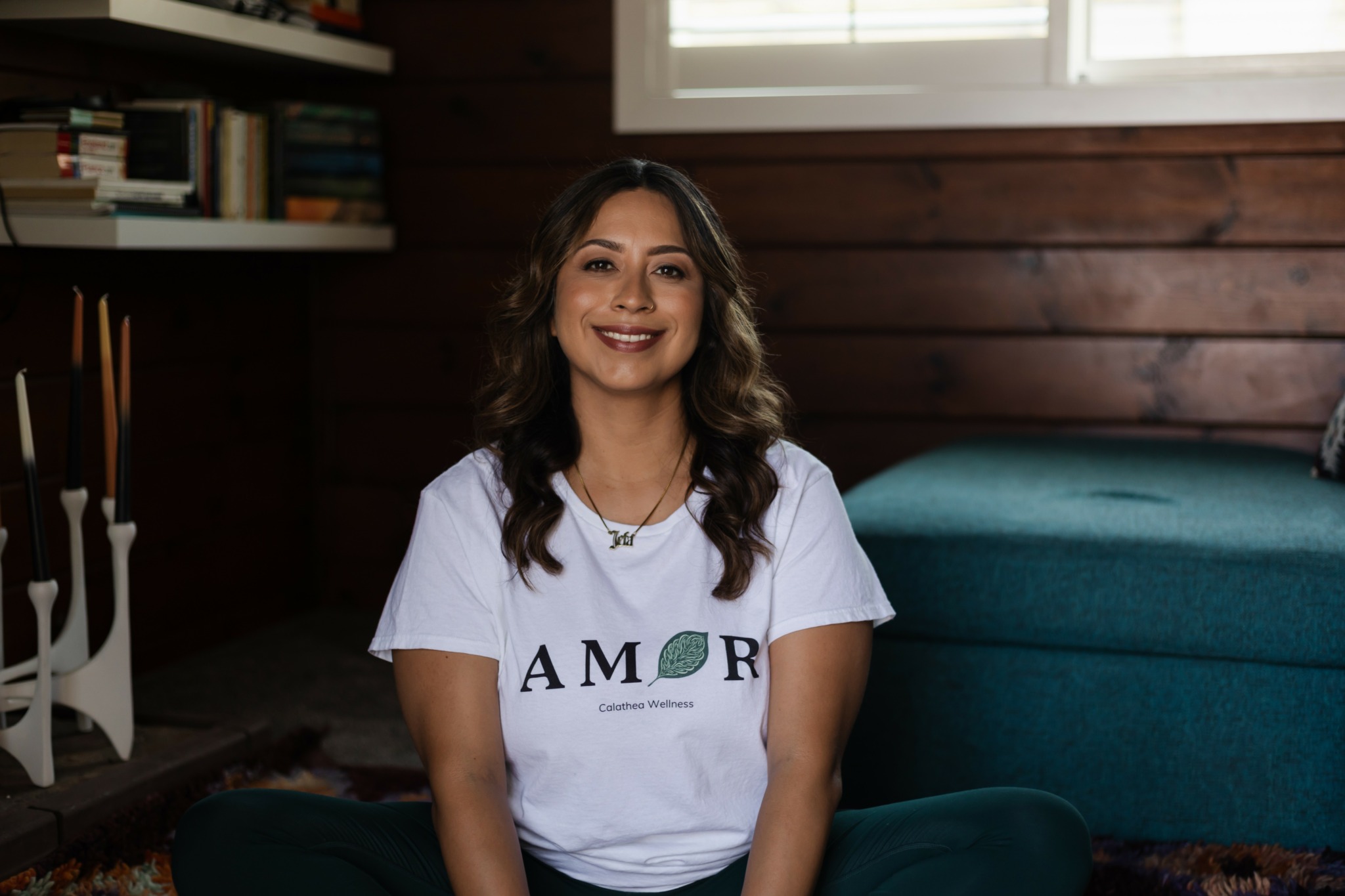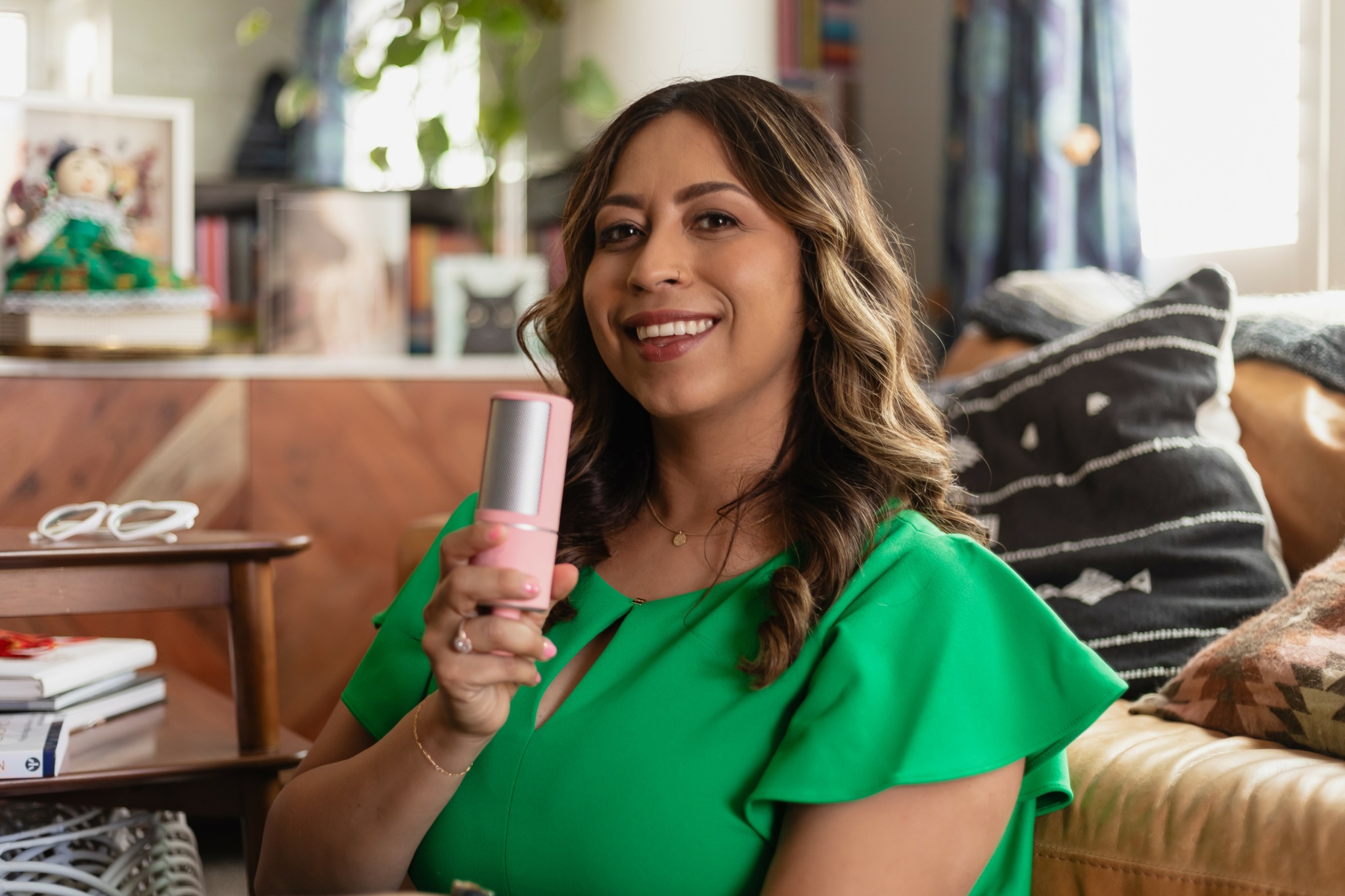We caught up with the brilliant and insightful Dr. Lisette Sanchez a few weeks ago and have shared our conversation below.
Dr. Lisette, thanks for taking the time to share your stories with us today Can you open up about a risk you’ve taken – what it was like taking that risk, why you took the risk and how it turned out?
One of the biggest risks I’ve taken was launching my own private practice. At the time, it felt huge and life-altering. I was burned out from my job, carrying a high caseload with little flexibility. I’d come home exhausted, day after day, but kept pushing through because I didn’t see another way. What finally gave me the courage to take the leap was realizing something simple but powerful: the risk wasn’t as big as I thought it was. I had always believed I didn’t have a safety net, but then I realized I did. If things didn’t work out, I could always return to a salaried position. That mindset shift changed everything. Taking that step taught me to bet on myself. And it reminded me that while my immigrant parents had always encouraged me to be practical, they also showed me through their own sacrifices and bold moves that taking risks is often the path to making our dreams come true. Starting my practice gave me more than just freedom over my time. It opened the door to growing as a speaker, writer, and founder. That one decision changed how I see risk, and it has shaped every step I’ve taken since.

As always, we appreciate you sharing your insights and we’ve got a few more questions for you, but before we get to all of that can you take a minute to introduce yourself and give our readers some of your back background and context?
I’m Dr. Lisette Sanchez, a licensed psychologist, international speaker, writer, and founder of Calathea Wellness, a virtual space where I offer culturally responsive therapy, consulting, and speaking rooted in mental health, identity, and empowerment. I got into this work because I saw a gap. As the eldest daughter of hard-working immigrants from Mexico and El Salvador, I didn’t grow up seeing mental health support that reflected my lived experiences. When I became the first in my family to go to college and enter the field of psychology, I knew I wanted to change that. I wanted to create spaces where first-gen professionals and BIPOC communities could feel seen, supported, and strengthened. Through my speaking, writing, and clinical work, I help people name and reframe internalized messages tied to impostor phenomenon, cultural guilt, burnout, and perfectionism. I help them recognize their bicultural strengths and stop seeing their struggles as personal failures. Whether I’m speaking to a corporate team, guiding reflection through a journaling prompt, or publishing an article, I offer language and tools for folks to break generational barriers while honoring where they come from. What sets me apart is my ability to weave personal story, professional expertise, and cultural nuance. I’ve turned lived experience into a platform for change and built a brand rooted in community care, first-gen joy, and unapologetic truth-telling. I’m most proud of the impact this work has had. From the messages I receive from first-gen professionals saying, “I finally feel like I’m not alone,” to being cited in books, featured in media, and invited to speak across the country, I know this work is resonating because it’s real. If you’re new to my work, I want you to know this: everything I do is about helping you see your story as power. Whether you’re navigating the workplace, breaking cycles, or just trying to rest without guilt, you don’t have to do it alone.

Learning and unlearning are both critical parts of growth – can you share a story of a time when you had to unlearn a lesson?
A lesson I had to unlearn was believing that I had to constantly prove my worth through achievement. I spent a long time seeking to be enough for others, wanting to be seen as Latina enough, American enough, smart enough, and capable enough. I was often chasing validation and affirmation, whether it was from people I loved, like my parents, as I tried to be a good enough daughter while balancing different values between home and school or work, or from professional spaces where I wanted people to see beyond their assumptions and limitations of what I could be. I still have goals and dreams I am working toward, but now I focus more on the legacy I want to build rather than proving myself. It matters to me to create a life that truly fits what I want, not what others expect. As a business owner, I design my schedule with intention, not to impress anyone, but to prioritize my life, my health, and my joy. I am committed to building a life where I am mindful of stress and minimize it as much as I can. I know stress will still happen sometimes, but I want peace to be the norm, not the exception.

Putting training and knowledge aside, what else do you think really matters in terms of succeeding in your field?
I would say my lived experience as a first-generation daughter of immigrants has been the most important for succeeding in my field. I used to think I was behind because of it, but I realized that it is what strengthens the work I do. Being the first forces you to develop a unique set of skills like adaptability, resilience, and resourcefulness. This is especially important in my field because as psychologists, we wear many hats, and even more so as entrepreneurs. Over time, I have also come to see that first-gen strengths are beneficial across all careers, not just mine. Challenging the belief that we are at a disadvantage has been one of the most important shifts in my journey, and it is something I want more first-gens to believe for themselves too.
Contact Info:
- Website: https://www.calatheawellness.com/
- Instagram: https://www.instagram.com/thefirstgenpsychologist/
- Linkedin: https://www.linkedin.com/in/thefirstgenpsychologist/
- Youtube: https://www.youtube.com/@thefirstgenpsychologist



